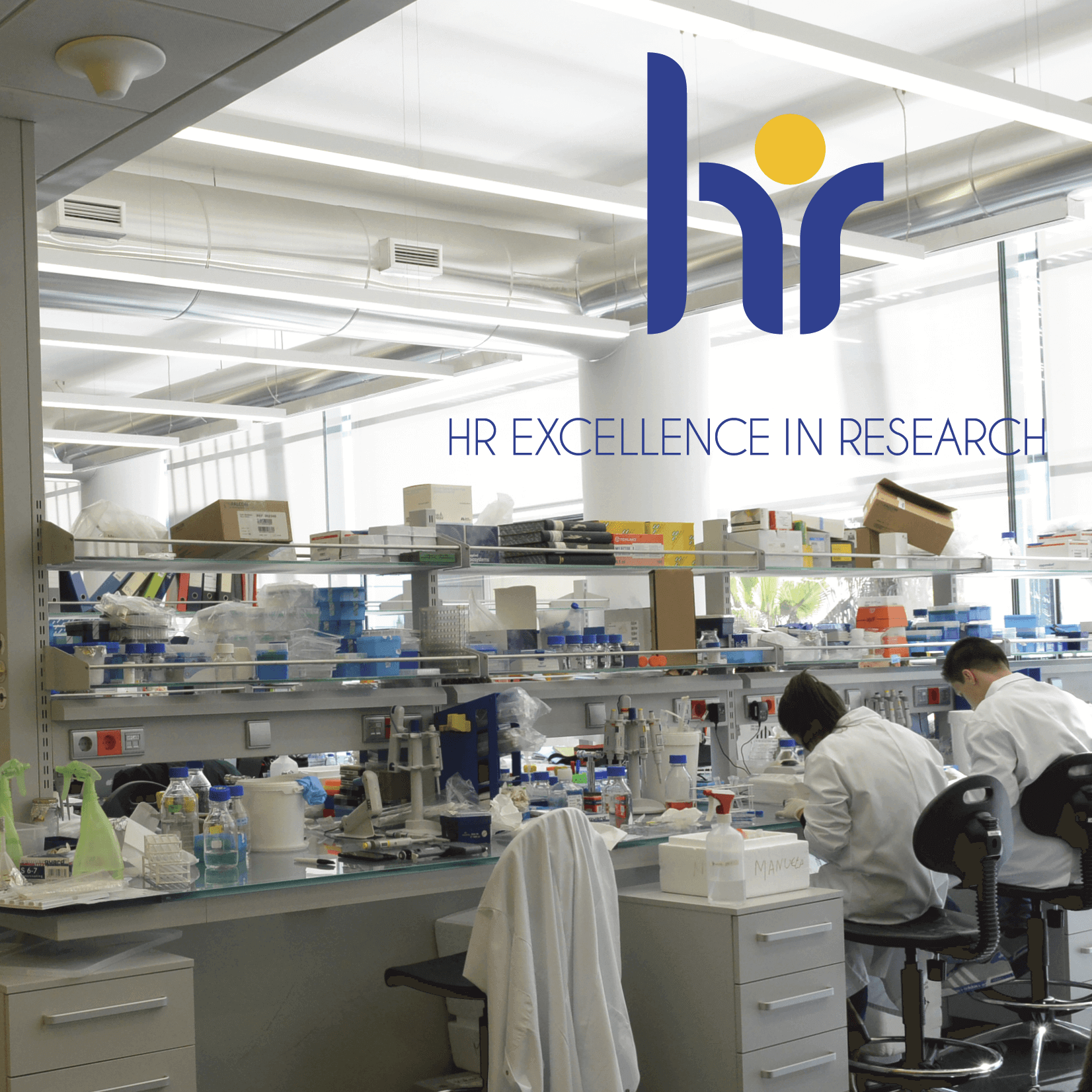30 September 2025
The meeting brought together over 200 specialists from 25 countries, representing a truly international effort to advance research and clinical practice in the field of kidney diseases associated with monoclonal gammopathies.
The scientific programme featured a rich series of sessions addressing key areas in the field, including new pathophysiological insights into monoclonal gammopathies and kidney disease, innovations in diagnostic tools and biomarkers, emerging therapeutic strategies, and the latest updates from ongoing clinical trials.
24 Sep. 2025
Clinical Laboratory Technician

Application Starts: 24 Sep. 2025
The Cell Centre is looking to expand efforts in the GMP production of cell products with a specific focus on immune-monitoring.
The successful applicant is expected to be pivotal co-worker in the development and improvement of immune cell-based therapies for malignant diseases and the preparation of GMP compliant production of cellular products including gene-modified immune cells and monitoring of anti-cancer directed vaccination.
24 September 2025
Episode 6 - Hurricanes in the Brain: A New Plan for Neuroscience (Part 2)
Nicole explores how moving away from the “domino-chain” view of the brain toward seeing it as a complex dynamical system – full of feedback loops and interactions – is opening doors to exciting new discoveries. They talk about the challenges of measuring brain disorders, why fundamental research is so essential, and how predicting salmon populations can help predict seizures in the brain.
23 September 2025
More than a reflex: how the spine shapes sex
“The spinal cord isn’t just a passive relay station executing brain commands”, says Susana Lima, Principal Investigator of CF’s Neuroethology Lab and senior author of the study. “It integrates sensory inputs, responds to arousal, and adjusts its output based on the animal’s internal state. It’s much more sophisticated than we imagined”.

